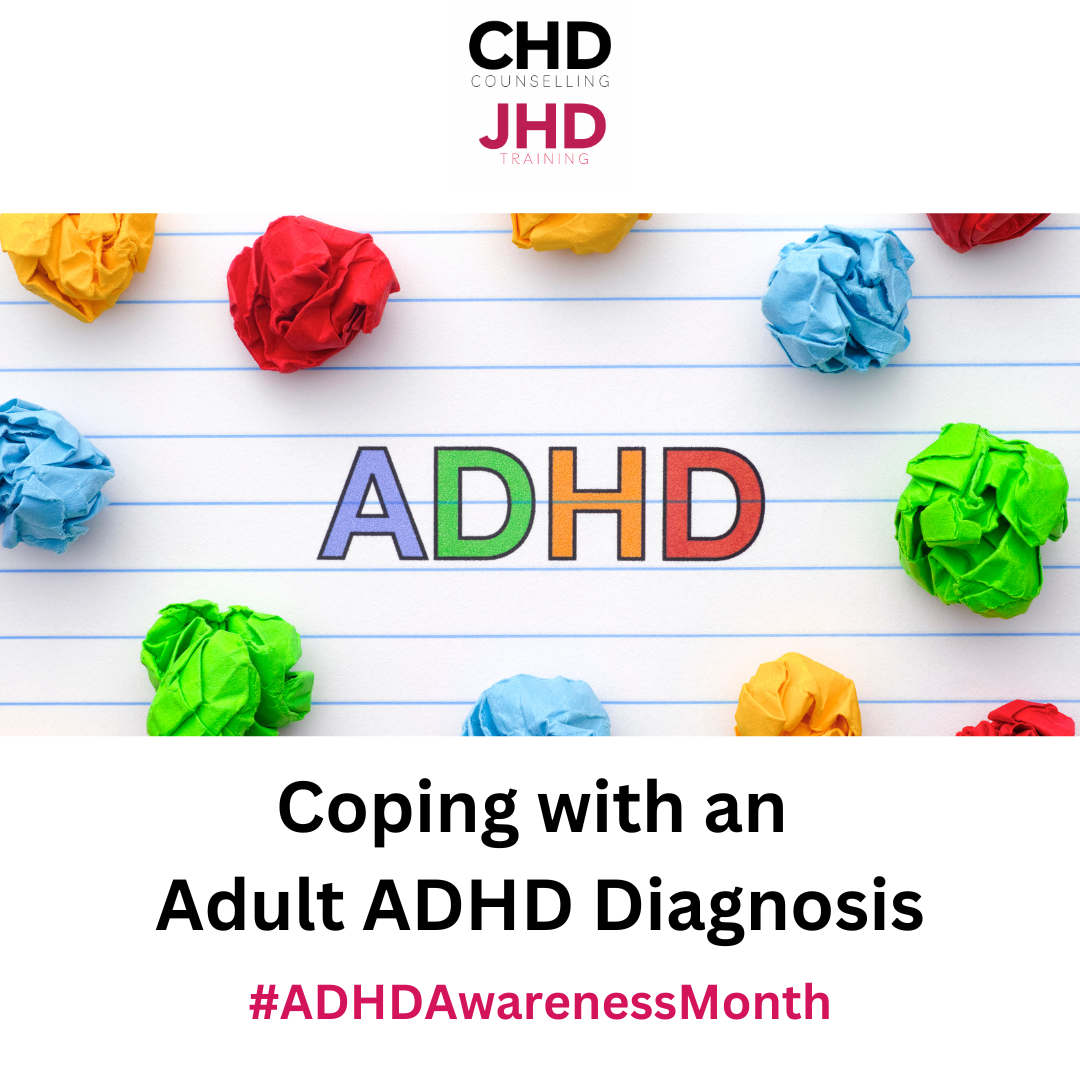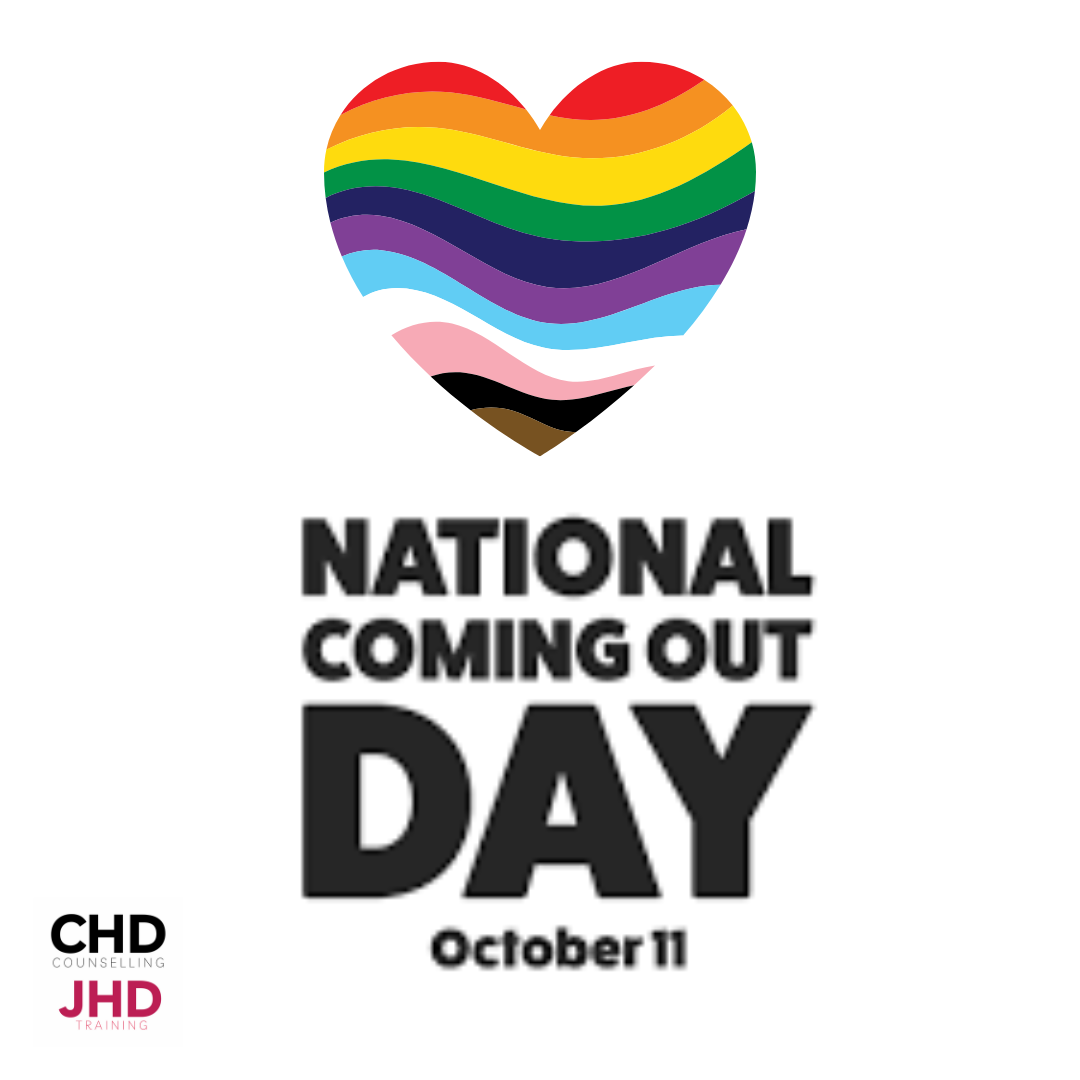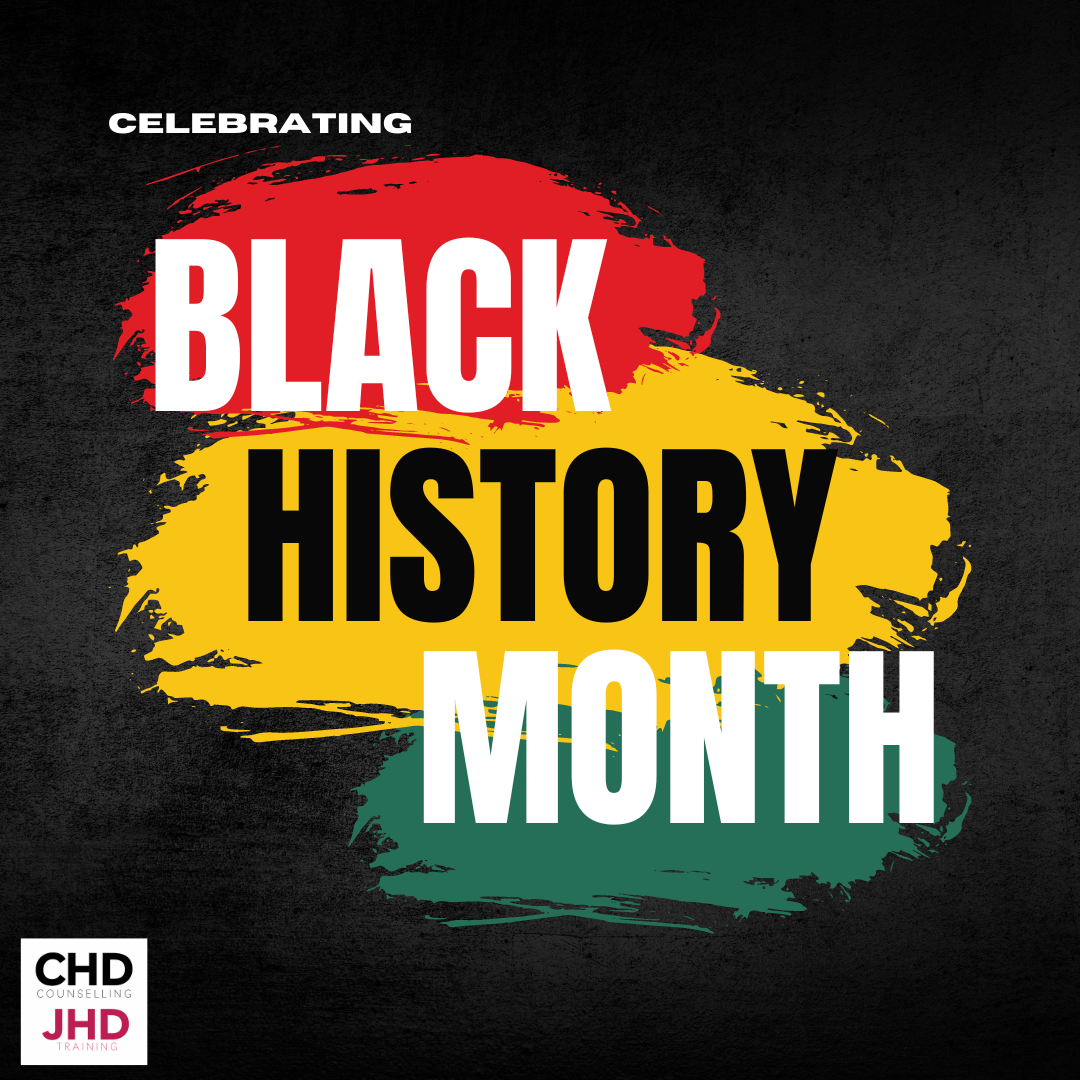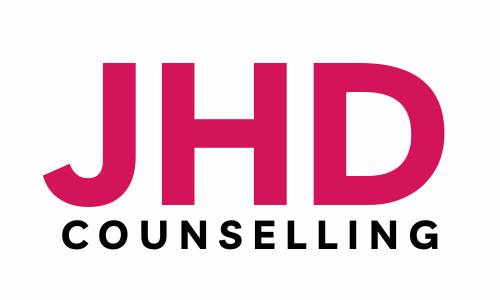JHD celebrates 10 years!!!
JHD Counselling is celebrating its 10th birthday this year.
It has a number of counsellors based in and around the UK, supporting adults, children, families, schools and businesses with a wide variety of issues.
JHD Counselling is now well-established, celebrating its 10th birthday this year.
After three years of studying, co-founder Carol Harmston Dean qualified as an integrative counsellor in 2007.
Since then she has become a self-employed counsellor working from home. Private practice work included 1-2-1 counselling both face-to-face and over the phone.
She decided to expand her private practice to become an organisation, JHD Counselling, rather than a single counsellor. She has worked hard to build up a dedicated and loyal team of counsellors that are excellent practitioners.
While maintaining its strong local roots, JHD Counselling has become one of the UK’s quickest and most responsive national counselling service and trainer providers for people, families, schools, colleges, businesses and organisations.
All of the JHD Counselling services are supported by an in-house team of trained safeguarding leads and a team of qualified supervisors.
The approach is tailored to fit the needs of each unique client by providing personalised assessments and matching each person to the most suitable counsellor or supervisor on the team.
Carol said: “The company is 10 years old this year!
“It was founded in 2013 in Cambridge, where I lived at the time.
“I relocated with my wife to the Southport area in 2016, we love it here.
“When we were living in the Cambridge / Peterborough area, JHD Counselling was working with Cambridge University, with local schools and various local businesses there.
“It would be great to reach out to any schools, colleges or businesses in the UK that might need our support too.”



